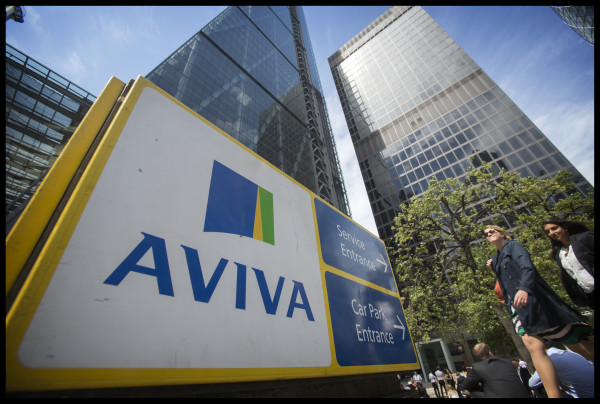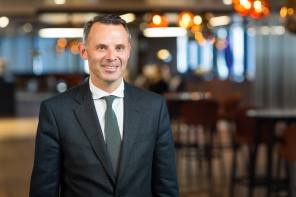

The Aviva platform has seen a further small drop in inflows in 2019, the year after its botched replatforming, which had left advisers face problems for months.
Aviva’s full year results for the period ended December 31, 2019, published this morning (March 5), showed the platform had seen £3.4bn of inflows, only slightly down on the £3.9bn seen in 2018.
However, these had already marked a stark drop from the £6.2bn net flows posted by the platform in 2017.
Problems at the platform started in January 2018, when Aviva changed technology providers leading to a blackout for six days, and continued disruption for months to come, some reaching into the past year.
These included clients receiving twice their pension tax-free cash, income payments not being made, and clients being locked out their accounts because their login had expired.
But in August 2019 Aviva said the platform was “in recovery” and now running as expected, allowing it to “be in a good position to move into the second half of the year”.
According to this morning's results, inflows along with market movements resulted in platform assets under management growing by 28 per cent to hit £29.1bn (2018: £22.6bn).
Tim Orton, head of the Aviva platform business, left the firm in January and his role was filled on an interim basis by Roger Marsden, who is managing director of retail UK savings and retirement at Aviva.
Meanwhile, Aviva’s long-term savings business, which includes the pensions platform, has seen its assets under management increase by 19 per cent to £138bn (2018: £116bn), with net inflows of £5.4bn, compared with £5bn in 2018.
Heritage pensions experienced net outflows of £2.1bn, compared with £1.9bn in 2018.
But Aviva says this was offset by workplace pension net inflows which grew to £4.8bn, up from £3.7bn in 2018, which was driven by new scheme wins with large businesses, higher auto-enrolment contributions and improved retention rates.
In November, Aviva announced plans to combine parts of its investment and savings businesses to form a combined business segment called Investments, Savings and Retirement.
This will bring together the company's global asset management and UK workplace pension and platform operations.
Aviva said the alignment enabled the company to “provide customers with unique, comprehensive solutions from accumulation of pension wealth through to drawing a secure income in retirement”.
Maurice Tulloch, chief executive officer at Aviva, said: “In 2019, we set out our priorities and financial targets, strengthened our leadership team and remained focused on helping our customers prepare for a better future. We’ve made good progress, but there is much more to do.
"My objective is to run Aviva better. We will improve business performance and enhance returns through disciplined action on expenses and underwriting.
“We will focus capital and resources where we can achieve competitive advantage and strong returns and we will take robust action across the portfolio where our performance falls short or where we can see a better way of delivering value to our shareholders."
amy.austin@ft.com
What do you think about the issues raised by this story? Email us on fa.letters@ft.com to let us know.



